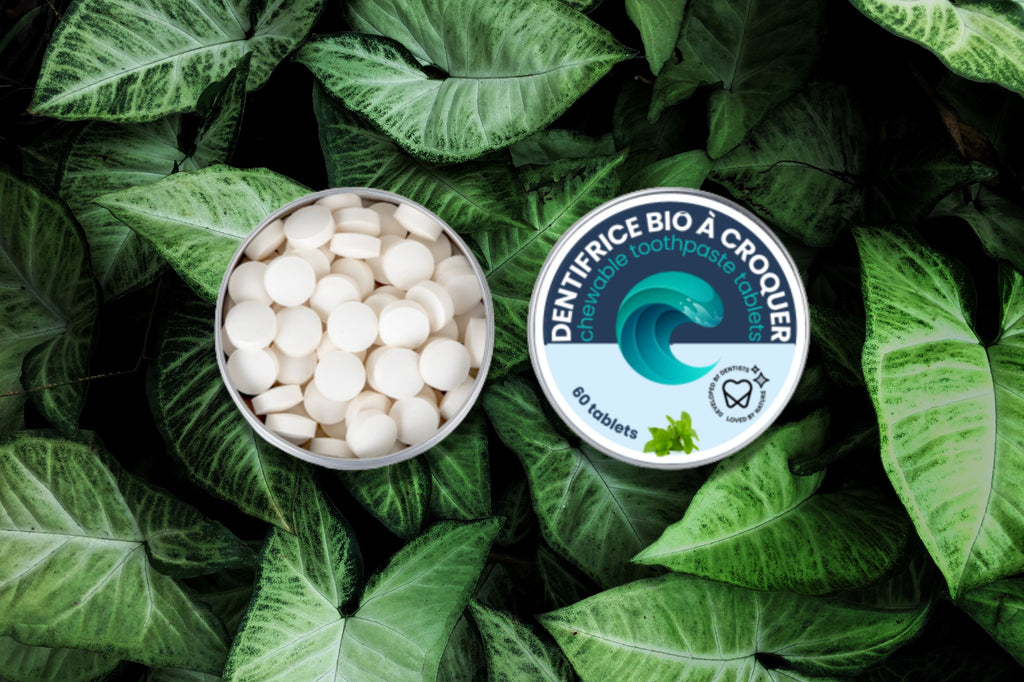I. Introduction:
The importance of taking care of your oral health
Taking care of your oral health is essential to ensure a healthy lifestyle.
Poor dental health can lead to pain, infections, and even more serious illnesses.
Additionally, bad breath can cause social discomfort and affect self-confidence.
To avoid these problems, it is important to adopt a regular oral hygiene routine and pay attention to your diet.
Foods to choose for good breath and dental health
Certain foods can help prevent cavities, strengthen teeth and fight bad breath.
Foods rich in calcium, such as dairy products, almonds, and leafy green vegetables, help strengthen tooth enamel.
Foods rich in vitamin C, such as citrus fruits and peppers, contribute to the production of collagen, a key component for healthy gums.
Foods high in fiber, such as crunchy fruits and vegetables, help clean teeth and stimulate saliva production, which helps neutralize cavity-causing acids.
Foods to avoid to preserve your oral health
Certain foods can cause damage to our teeth and gums. Sugary foods, soda, and fruit juices can all contribute to cavities.
Sticky foods, like candy, can get stuck between teeth and encourage the growth of bacteria.
Acidic foods, such as citrus fruits and pickled foods, can erode tooth enamel and cause tooth sensitivity.

Tips for impeccable oral hygiene
a) The basics of effective toothbrushing
It is recommended to brush your teeth twice a day for at least two minutes each time.
Use a soft toothbrush andnatural toothpaste .
Brush each surface of each tooth, including the front, back and top, using circular motions.
b) Choosing the ideal toothpaste for healthy teeth
Choose a fluoride-free toothpaste with the most natural composition possible.
Whitening toothpastes can also be effective, but they can be abrasive to tooth enamel.
c) Selection of the toothbrush adapted to your needs
There are a variety of toothbrushes available, each with specific features.
Choose a toothbrush that fits the shape and size of your mouth. Electric toothbrushes can also be useful for more effective cleaning.
d) The benefits of mouthwashes for fresh breath
Mouthwashes help kill bacteria and germs that live in our mouth.
In addition to good oral hygiene, a healthy diet can also contribute to fresh breath and good dental health.
Certain foods are known for their oral health benefits, while others should be avoided to avoid cavities and other dental problems.
In this article, we will explore the foods to favor and avoid for good oral health, as well as practical tips for impeccable oral hygiene and natural alternatives for fresh, long-lasting breath.
We will also discuss the prevention of cavities and oral diseases and common mistakes to avoid to protect your teeth and gums.

Summary
- I. Introduction: The importance of taking care of your oral health
- The importance of taking care of your oral health
- Foods to favor and avoid to preserve your oral health
- II. Foods to choose for good breath and dental health
- Vegetables and fruits
- Dairy products
- Lean proteins
- Nuts and seeds
- Green tea
- III. Foods to avoid to preserve your oral health Tips for impeccable oral hygiene
- Acidic foods
- Sweets
- Sticky foods
- Hard foods
- Coloring foods
- IV. Tips for impeccable oral hygiene
- a) The basics of effective toothbrushing
- b) Choosing the ideal toothpaste for healthy teeth
- c) Selection of the toothbrush adapted to your needs
- d) The benefits of mouthwashes for fresh breath
- V. How to prevent cavities and oral diseases
- a) The frequency of visits to the dentist and the importance of scaling
- b) Mistakes to avoid to preserve your teeth and gums
- VI. Natural alternatives for fresh breath
- a) Effective plants and herbs to fight bad breath
- b) Home remedies for fresh and natural breath
- VII. Conclusion: Habits to adopt for good oral health and lasting fresh breath.

II. Foods to choose for good breath and dental health
To have good oral health, diet plays a crucial role.
In fact, certain foods can help prevent cavities and gum disease while helping to keep your breath fresh.
Here are the foods to choose for good oral health.
Vegetables and fruits
Fresh vegetables and fruits contain water and fiber, which promote saliva production and natural teeth cleaning.
Vegetables rich in vitamin A and fiber, such as carrots and celery, are particularly beneficial for dental health.
Fruits rich in vitamin C, such as oranges and kiwis, also help prevent gum disease.

Dairy products
Dairy products, such as milk, cheese and yogurt, are rich in calcium, which strengthens teeth and bones.
Calcium is especially important for growing children, but it is also essential for maintaining good dental health throughout life.
Lean proteins
Lean proteins, like chicken and fish, are rich in phosphorus, which works in tandem with calcium to strengthen teeth and bones.
Additionally, red meat is also an important source of iron, which helps prevent anemia, a condition that can lead to poor dental health.
Nuts and seeds
Nuts and seeds are rich in protein, fiber and minerals, which help strengthen teeth and bones.
Nuts and seeds are also rich in omega-3 fatty acids, which have anti-inflammatory properties that benefit the gums.
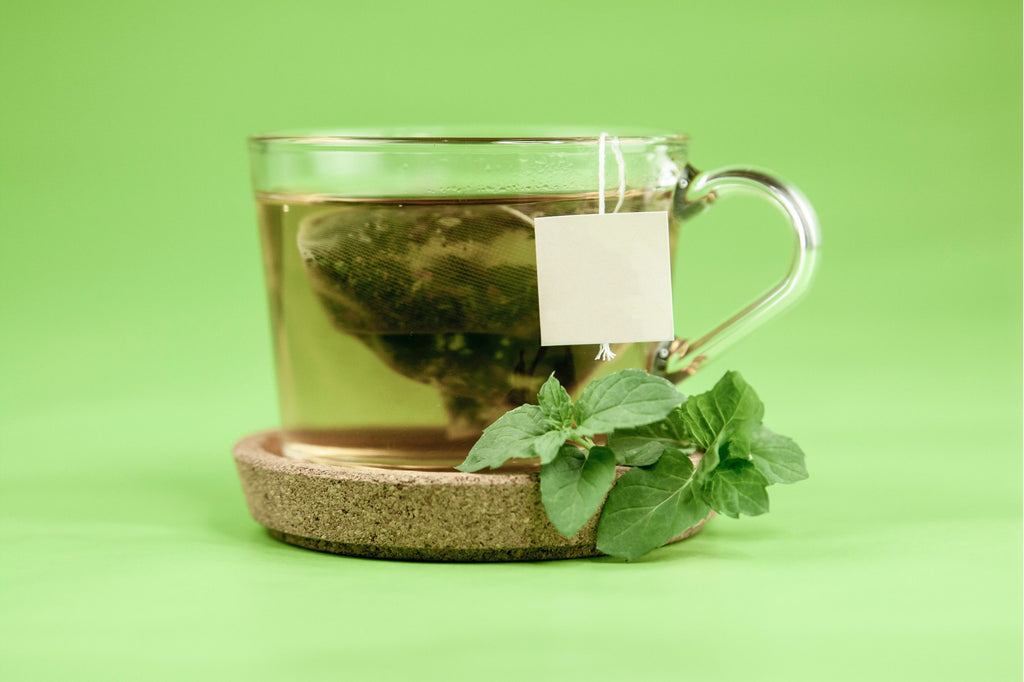
Green tea
Green tea contains antioxidants that help fight the bacteria that causes bad breath.
Additionally, green tea also contains compounds that inhibit the growth of bacteria that cause tooth decay.
In summary, to have good oral health, it is important to favor a balanced and varied diet, rich in vegetables, fruits, dairy products, lean proteins, nuts, seeds and green tea.
In addition to good oral hygiene, a healthy diet helps prevent cavities, gum disease and bad breath.
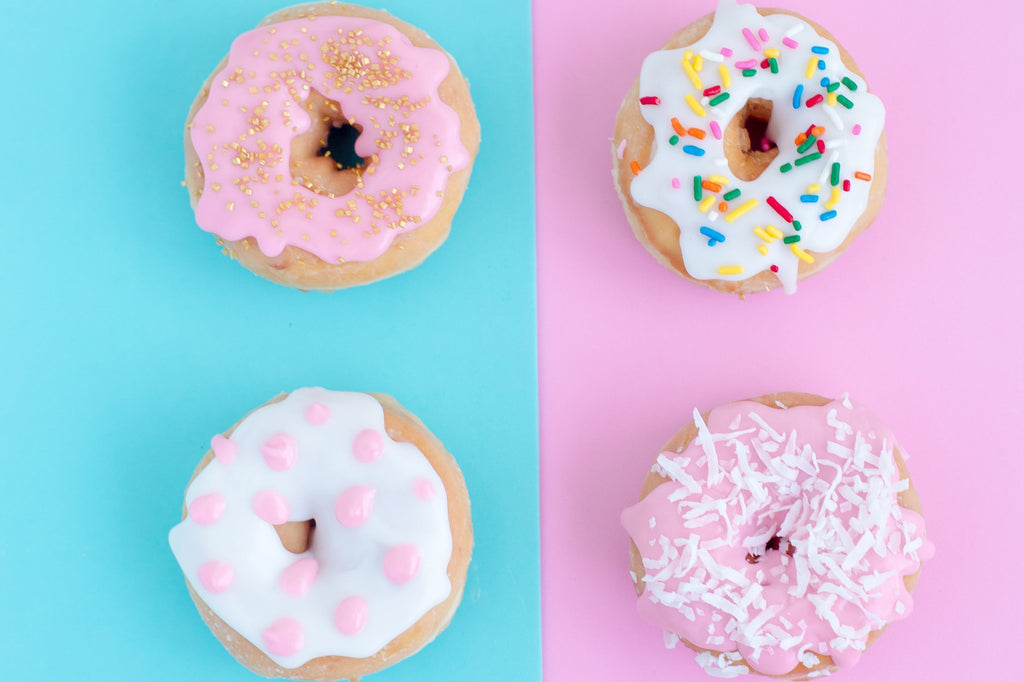
III. Foods to avoid to preserve your oral health
To maintain good oral health, it is important to pay attention to the foods we consume.
Some of them can in fact promote the formation of cavities, inflammation of the gums, or even periodontal disease.
Here is a list of foods that it is best to avoid or limit in your diet to preserve the health of your teeth and gums:
Sweet foods
Sugars are the main culprits in the formation of dental caries.
Indeed, bacteria present in the mouth feed on sugars to produce acid, which attacks tooth enamel and promotes the formation of cavities. It is therefore advisable to limit the consumption of foods rich in sugar such as sweets, sodas, fruit juices, pastries, etc.
Acidic foods
Acidic foods such as citrus fruits (lemons, oranges, grapefruit) and acidic drinks (sodas, fruit juices) can also attack tooth enamel and promote the formation of cavities.
It is therefore advisable to limit their consumption and to rinse your mouth with water after consuming them.
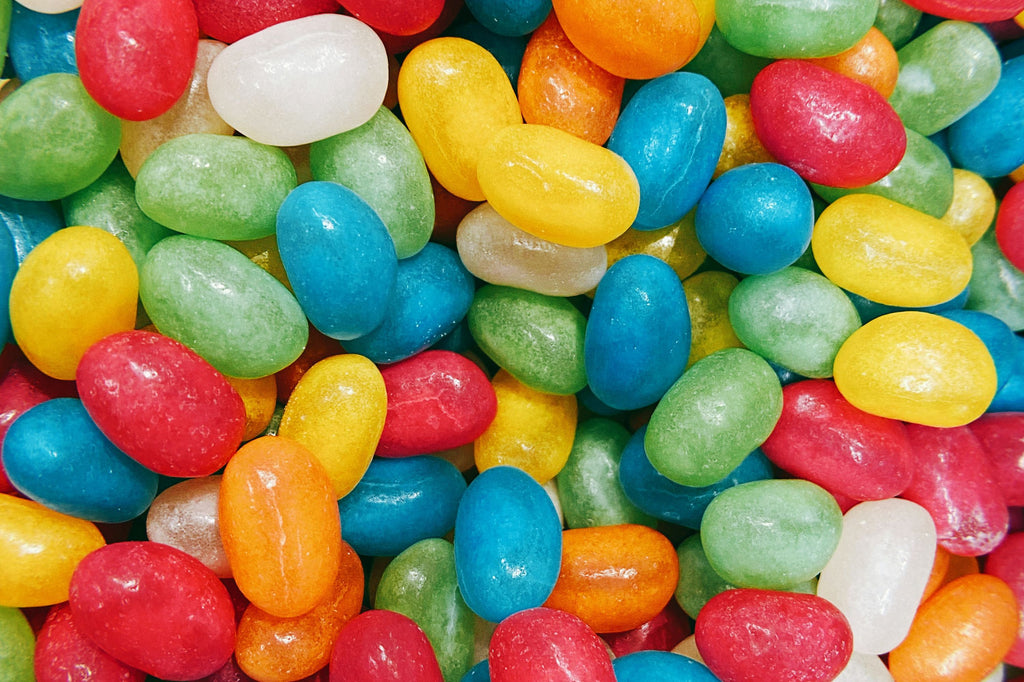
Sticky foods
Sticky foods like candies, caramels, chewing gum can stick to teeth and promote the formation of cavities by creating pockets of bacteria that are difficult to eliminate.
It is therefore advisable to limit their consumption and to brush your teeth after eating them.
Hard foods
Hard foods such as ice cubes, nuts or olives can damage teeth by cracking or chipping them.
It is therefore advisable to chew carefully and avoid chewing foods that are too hard.
Coloring foods
Coloring foods such as red wine, coffee, tea or even red fruits can color teeth and encourage the appearance of stains.
It is therefore advisable to limit their consumption and to brush your teeth after consuming them.
By adopting a balanced diet and avoiding foods that promote the formation of cavities and gum inflammation, you can maintain the health of your teeth and gums.
It is also important to brush your teeth after each meal, floss to remove food residue and regularly consult your dentist for complete dental follow-up.

IV. Tips for impeccable oral hygiene
Impeccable oral hygiene is essential to maintain dental health and have fresh breath. Here are some tips to help you achieve this goal:
a) The basics of effective toothbrushing
Toothbrushing is the basis of oral hygiene.
It is important to brush your teeth twice a day for two minutes, using a soft or medium toothbrush and a natural toothpaste.
It is also recommended to brush your tongue to eliminate bacteria that causes bad breath.
You can use a copper tongue cleaner designed specifically for this purpose.
b) Choosing the ideal toothpaste for healthy teeth
The choice of toothpaste is also important.
It is advisable to use a toothpaste with quality ingredients to strengthen tooth enamel and prevent cavities.
Toothpastes containing baking soda can also help remove stains and whiten teeth.
If you have tooth sensitivity problems, opt for a toothpaste specially designed for this problem.
c) Selection of the toothbrush adapted to your needs
It is essential to choose the right toothbrush for your needs.
Soft toothbrushes are better for people with sensitive gums, while medium toothbrushes are better for people with stronger teeth.
It is also recommended to replace your toothbrush every three months to ensure its effectiveness.
d) The benefits of mouthwashes for fresh breath
Mouthwashes can help kill bacteria and freshen breath. It is recommended to choose an antibacterial mouthwash and use it after brushing your teeth.
It is important to follow the product instructions and not swallow the liquid.
By following these simple tips, you can maintain good oral hygiene and prevent dental health problems.
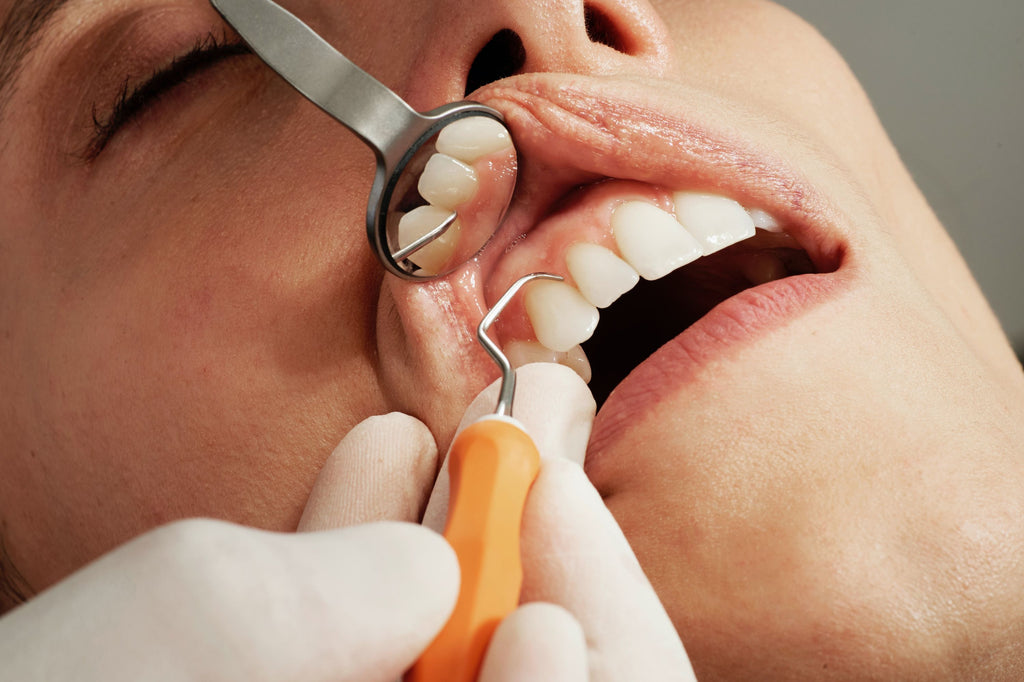
V. How to prevent cavities and oral diseases
Here are some tips to prevent these problems:
a) The frequency of visits to the dentist and the importance of scaling
It is recommended to visit the dentist at least once a year for a complete oral health checkup.
The dentist will perform a thorough examination of your teeth and gums to check for any possible problems.
He will also be able to offer you scaling to remove tartar accumulated on your teeth.
Tartar is a buildup of plaque that, if left untreated, can lead to cavities and gum disease.

b) Mistakes to avoid to preserve your teeth and gums
It is important to avoid certain mistakes to preserve the health of our teeth and gums. Here are some to avoid:
Not brushing your teeth long enough
For effective brushing, it is recommended to brush your teeth for at least two minutes.
Using a toothbrush that is too hard
A toothbrush that is too hard can damage your tooth enamel and worsen gum problems.
Not changing your toothbrush regularly
It is recommended to change your toothbrush approximately every three months to ensure maximum effectiveness.

Forgetting to floss
Dental floss helps remove food residue between the teeth and prevents the formation of dental plaque.
To smoke
Tobacco is bad for oral health and can lead to gum problems and oral cancer.
By adopting good habits, you can prevent cavities and oral diseases and maintain healthy teeth and gums.

VI. Natural alternatives for fresh breath
There are several effective plants and herbs to combat bad breath.
Mint is probably the best known and most used to freshen breath.
It can be consumed as a herbal tea or added to water to make a mouthwash.
Parsley is also effective in fighting bad breath.
It contains chlorophyll, a compound that helps neutralize odors.
One can simply chew a few fresh parsley leaves after a meal to help freshen the breath.
Green tea is another natural remedy to combat bad breath.
It contains polyphenols which have antibacterial properties and can help reduce mouth odor.
Additionally, it contains catechins which can help prevent plaque formation.
In addition to these plants and herbs, there are home remedies for fresh, natural breath.
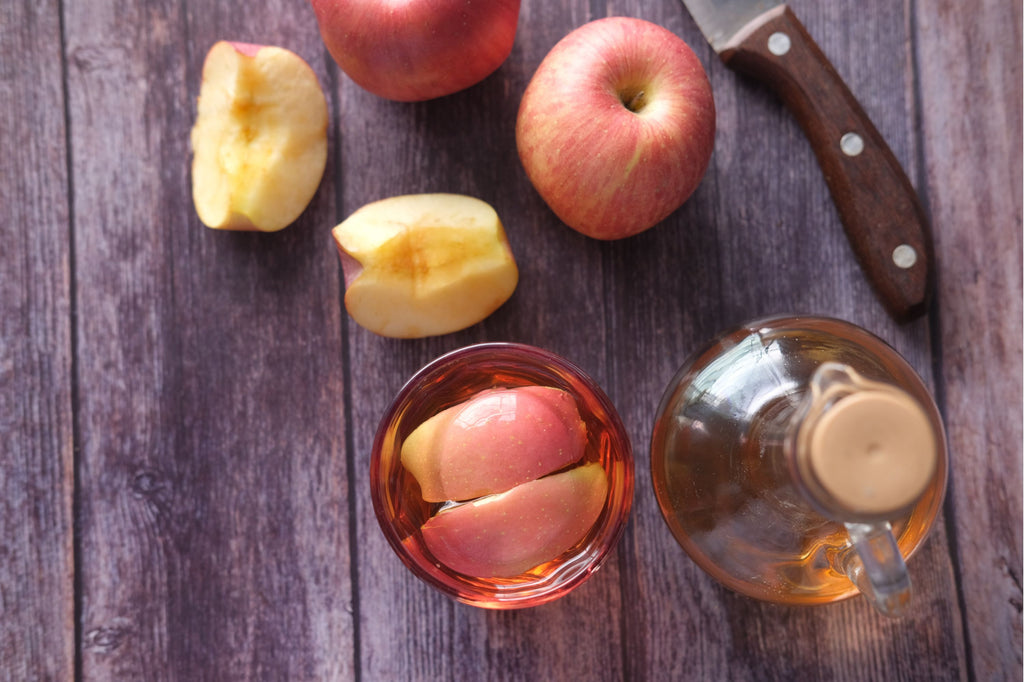
Apple cider vinegar is an example of a natural remedy.
Diluted in water, it can be used as a mouthwash to eliminate unpleasant odors from the mouth.
Baking soda is also effective in removing odor from the mouth.
It can be used as a toothpaste by sprinkling it directly on the toothbrush or mixing it with water to make a mouthwash.
It is important to note that although these remedies can help with bad breath, they do not treat the underlying cause of bad breath.
If bad breath persists despite good oral hygiene and the use of natural remedies, it is important to consult a dentist or doctor to determine the cause and appropriate treatment.
Finally, it is important to remember that natural remedies are not a substitute for good oral hygiene.
Habits such as regular brushing, flossing, and regular visits to the dentist are essential for maintaining good oral health and fresh breath.
Natural remedies can be used in addition to these habits to help freshen breath and maintain a healthy mouth.

VII. Conclusion
Habits to adopt for good oral health and long-lasting fresh breath.
In short, oral health is essential to maintain general well-being. Teeth and gums are indeed indicators of our overall health, and their condition can influence our quality of life.
Adopting good oral hygiene and prevention habits is therefore crucial to maintaining good long-term health.
To do this, it is important to favor certain foods that promote dental health and fresh breath, such as crunchy vegetables, fruits rich in vitamin C, green tea and natural yogurt.
Conversely, it is best to avoid sugary, acidic and sticky foods which can encourage the formation of cavities and other dental problems.
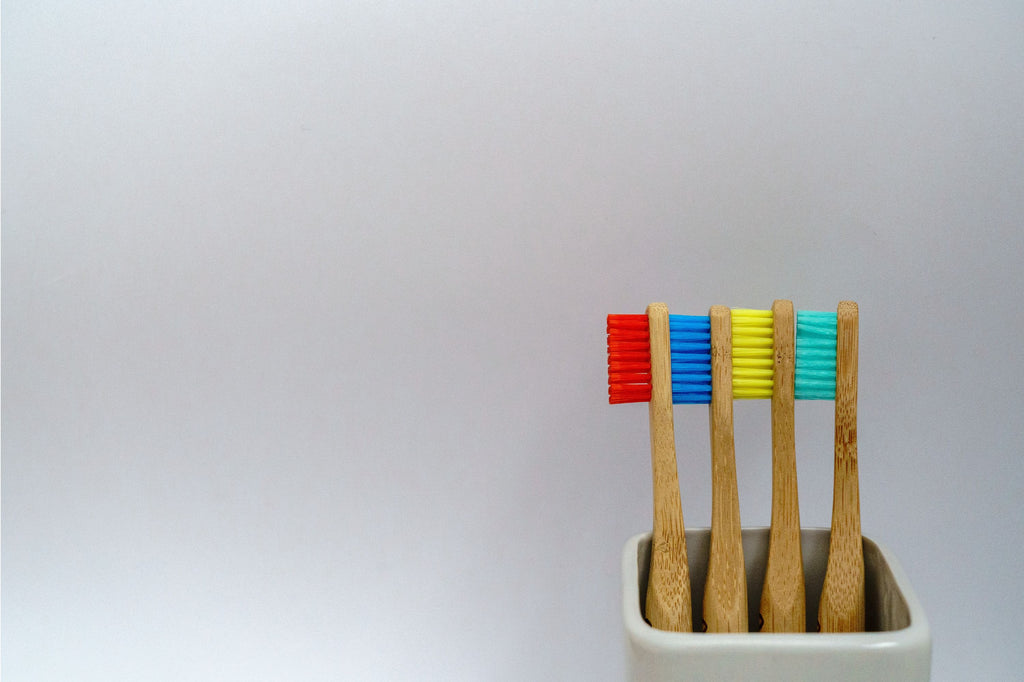
In addition to a healthy diet, it is essential to maintain good oral hygiene by brushing your teeth effectively, choosing a toothpaste adapted to your needs, selecting a quality toothbrush and regularly using dental baths. mouth.
These simple actions help prevent cavities and oral diseases.
In addition, it is recommended to visit the dentist regularly for check-ups and scaling, and to avoid some common mistakes, such as grinding your teeth, biting hard objects or using worn toothbrushes.
These practices can damage teeth and gums in the long term.
Finally, there are natural alternatives for long-lasting fresh breath, such as mint, parsley and anise, as well as home remedies such as baking soda and salt water.
These solutions can help fight bad breath effectively and naturally.
In conclusion, to maintain good oral health and long-lasting fresh breath, it is important to adopt good hygiene and prevention habits, as well as to favor a healthy and balanced diet.
The simple actions and natural tips presented in this guide can help maintain healthy teeth and gums and prevent oral diseases.




